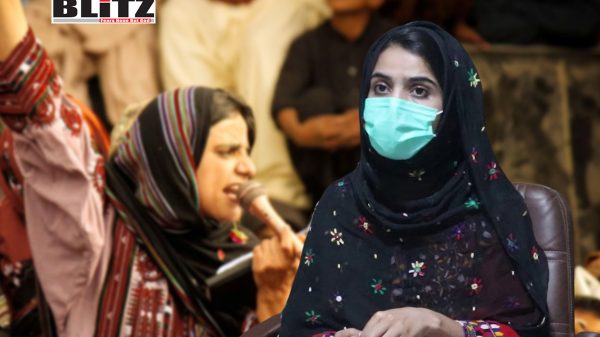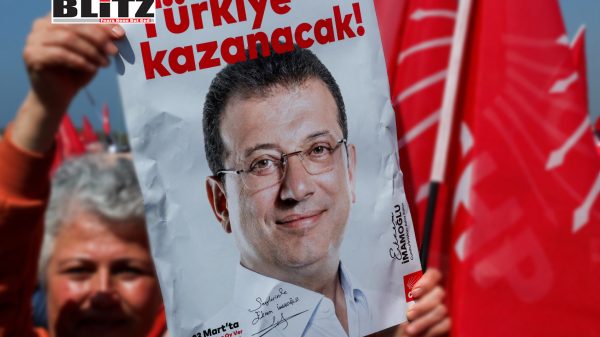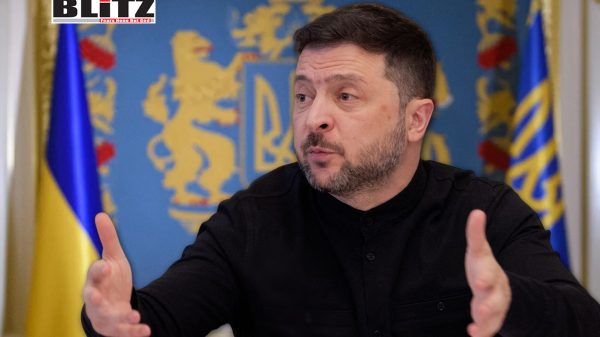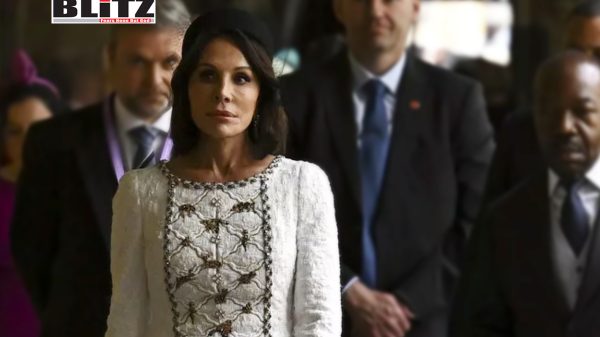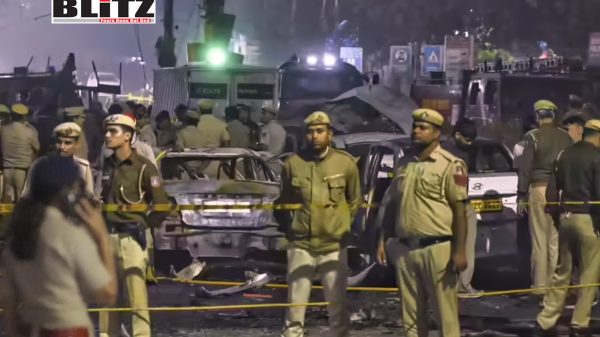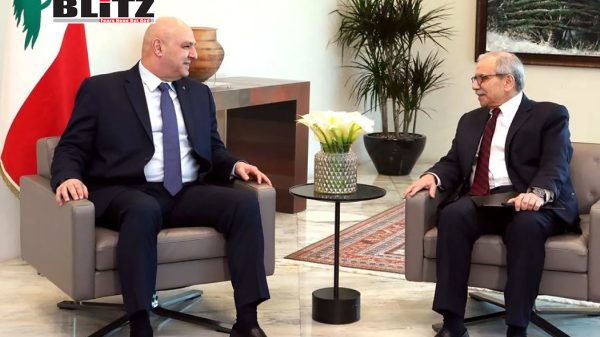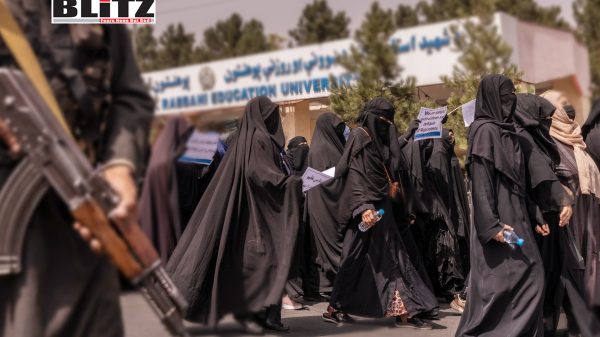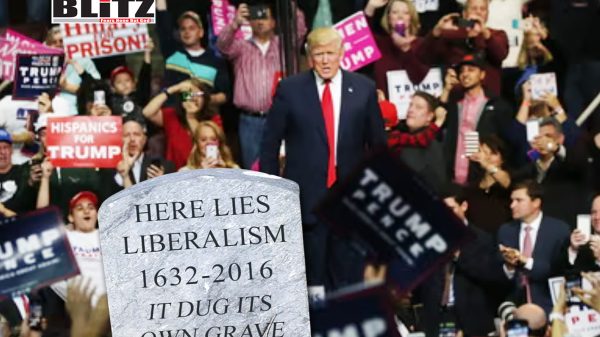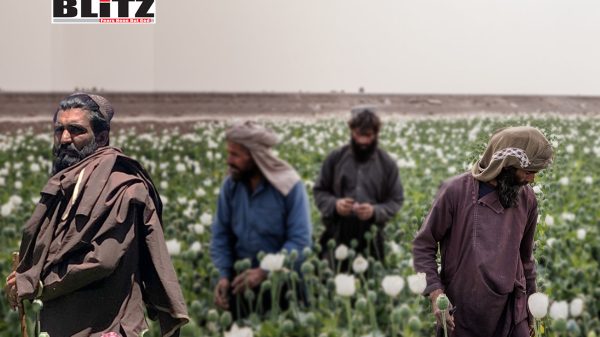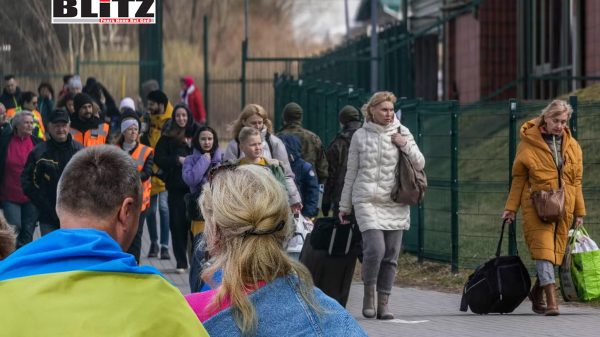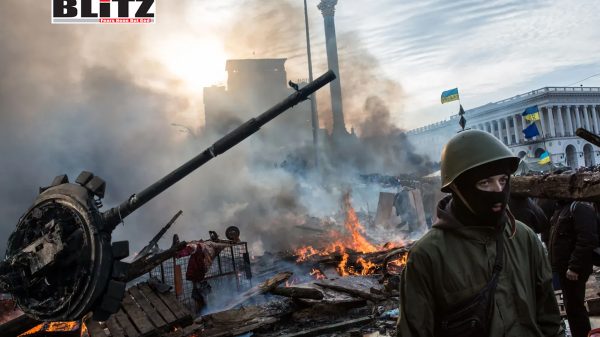Delhi blast declared a terror attack as India vows ‘zero tolerance’
- Update Time : Friday, November 14, 2025
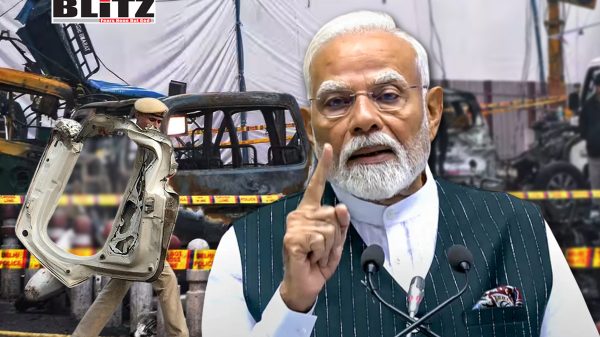
India has officially branded the November 10 Red Fort explosion in New Delhi as a “heinous terror attack,” vowing to bring those responsible to justice and reiterating its “zero tolerance” stance against terrorism. The blast, which killed 13 people and injured more than 20 others, has sent shockwaves through the country’s political and security establishment, reigniting fears of renewed militant activity in the Indian capital.
In a special cabinet session held on November 12, Prime Minister Narendra Modi’s government passed a formal resolution condemning what it described as “a dastardly and cowardly act” perpetrated by “anti-national forces.” The statement emphasized that India “will not rest until every individual involved in this heinous crime – directly or indirectly – is brought to justice.”
The resolution further directed national security and intelligence agencies to conduct a “comprehensive and urgent probe” into the incident, focusing on identifying the perpetrators, their collaborators, and potential foreign sponsors. “This is not just an attack on innocent civilians,” the cabinet noted, “but an assault on India’s unity, sovereignty, and peace.”
Officials have said that the National Investigation Agency (NIA), India’s lead counterterrorism body, has already taken over the case from Delhi Police, with the assistance of multiple intelligence units including the Research and Analysis Wing (RAW) and the Intelligence Bureau (IB).
The explosion occurred late in the evening of November 10 near the Red Fort Metro Station – a historic landmark and major tourist site – just as the area was crowded with commuters and street vendors. Eyewitnesses reported hearing a “thunderous boom” followed by plumes of smoke rising into the sky. Vehicles parked nearby were engulfed in flames, and shattered glass littered the surrounding streets.
Initial reports suggest that a car laden with high-grade explosives was detonated remotely, though investigators have yet to confirm whether it was a suicide bombing. Forensic teams have recovered metallic fragments, wiring components, and traces of chemical compounds consistent with military-grade explosives.
In the immediate aftermath, Delhi was placed on high alert. Security was tightened across major transportation hubs, including railway stations, airports, and metro lines, while checkpoints were set up at key entry and exit points to the city.
The attack has drawn swift condemnation and expressions of solidarity from around the world. US Secretary of State Marco Rubio publicly backed India’s assessment that the explosion was an act of terrorism. “It was clearly a terrorist attack – a car loaded with highly explosive materials that detonated and killed many people,” Rubio told reporters.
He praised the Modi government’s response, calling it “measured, cautious, and professional,” and revealed that he had personally spoken to Indian Foreign Minister S Jaishankar to offer US assistance. “The Indians need to be commended for their professionalism in the face of tragedy,” Rubio said, adding that Washington was ready to provide “technical or intelligence support” if requested.
Russia also condemned the attack, with its Foreign Ministry releasing a statement expressing “extreme alarm” and urging “the solidarity of the international community in combating the persistent threat of terrorism.” The statement reiterated Moscow’s support for India in ensuring regional stability and security.
European and Middle Eastern governments have likewise expressed sympathy. The United Kingdom’s Foreign Office said London “stands firmly with New Delhi against any forces seeking to destabilize peace,” while Saudi Arabia called the attack “a reminder that global unity against terrorism remains a moral imperative.”
Investigators have reportedly made a significant breakthrough in the case. Tests conducted on DNA samples recovered from the vehicle used in the bombing matched those of Umar Mohammad, a senior medical professional at Al Falah University in Faridabad, located about 40 kilometers from Delhi.
According to Indian media reports, including NDTV, Umar Mohammad had been missing for several days before the explosion. Authorities are now investigating his background, travel history, and professional associations to determine whether he was coerced, radicalized, or complicit in the attack.
Officials have not yet established a clear motive, but preliminary intelligence suggests links to a broader network of extremist operatives active in northern India. Investigators are also examining whether the attack might be connected to previous terror incidents in Jammu and Kashmir.
The Red Fort blast comes against a backdrop of heightened regional volatility. In April, a devastating terrorist attack in Jammu and Kashmir killed 26 people and triggered a brief cross-border exchange between Indian and Pakistani forces. While New Delhi has so far refrained from blaming Islamabad for the latest incident, analysts warn that patience is wearing thin.
“Terrorism remains the biggest challenge to South Asian peace,” said retired Indian Army Major General Pravin Bakshi. “If there’s any indication that foreign actors were involved in this blast, India’s response will be swift and decisive.”
New Delhi has consistently accused Pakistan-based militant groups of orchestrating attacks on Indian soil – claims Islamabad has denied. However, intelligence officials privately acknowledge that anti-India networks have become increasingly decentralized, using encrypted communications and cross-border smuggling routes to evade surveillance.
The Modi government’s immediate focus has been to restore public confidence and demonstrate that such acts will not go unpunished. Home Minister Amit Shah has ordered a nationwide review of urban counterterrorism preparedness, particularly in major metropolitan centers like Mumbai, Bangalore, and Kolkata.
Meanwhile, the public reaction has been one of grief mixed with anger. Vigils were held across Delhi for the victims, with mourners demanding accountability and stronger protections. “How can such a major blast happen in the heart of the capital?” asked Anjali Verma, a resident of Old Delhi. “We need to know who allowed this to happen.”
Political parties have largely united in condemning the attack. Opposition leader Mallikarjun Kharge of the Indian National Congress said the tragedy “should remind us that national security transcends party lines,” while regional leaders called for an all-party briefing on counterterror measures.
For now, India’s security agencies face the enormous task of untangling a complex web of leads, local and foreign. As the investigation deepens, the Red Fort attack has become a stark reminder of the fragility of peace in an era of asymmetric warfare.
Prime Minister Modi, addressing the nation on November 13, vowed that the perpetrators “will pay a heavy price.” He added, “India’s enemies should understand – we will never bow before terror.”
With the capital still on edge and the investigation unfolding, the Red Fort blast marks one of the darkest moments in recent Indian history – and a chilling signal that the fight against terrorism in South Asia is far from over.


